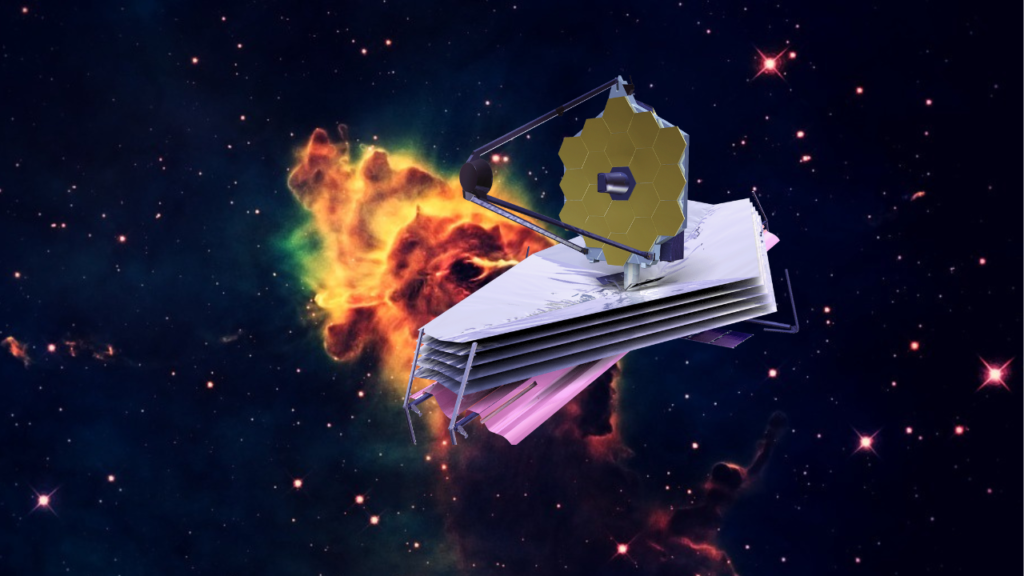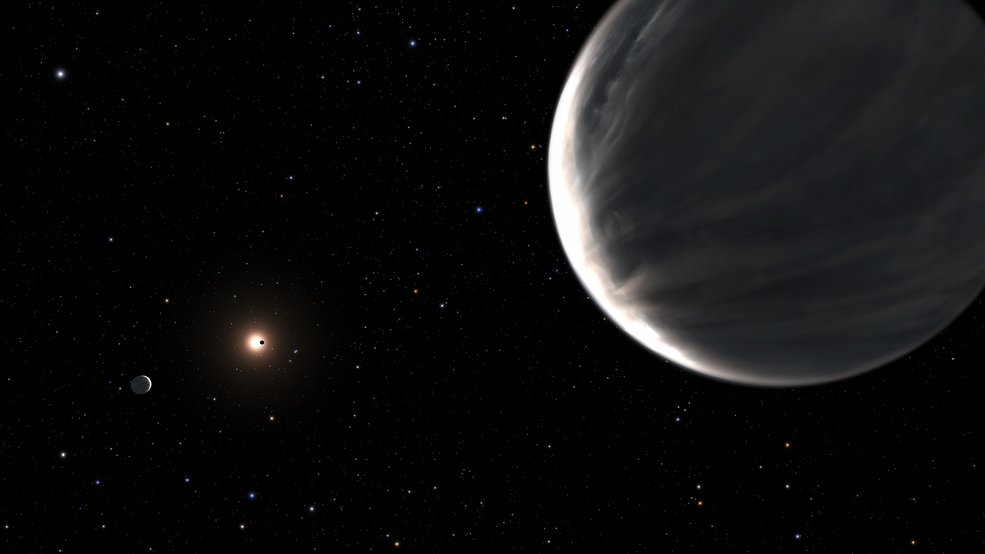The European Commission on Monday awarded contracts to push forward delayed plans for a 10.6 billion euro ($11.13 billion) secure European satellite constellation in response to Elon Musk’s Starlink and other fast-growing internet networks.
The multi-orbit array of more than 280 satellites known as IRIS² will provide an encrypted backbone for European Union governments and public agencies, and develop new commercial services.
“In an increasingly complex geopolitical world, ensuring resilient, secure and fast governmental communications is essential,” Josef Aschbacher, director general of the 22-nation European Space Agency, said in a statement, adding it would boost European competitiveness and create jobs.
The project is the European Union’s third major initiative in space after the Galileo navigation system and the Copernicus Earth observation network, which monitors climate change.
It has been beset by differences over industrial work share and concerns from some countries, led by Germany, over the cost. But officials say rapid expansion of Musk’s Starlink spurred efforts to shore up Europe’s so-called “digital sovereignty”.
The partially EU-funded development involves a consortium of three satellite operators – Eutelsat (ETL.PA), opens new tab, Hispasat and SES (SESFg.LU), opens new tab – and calls for the first launch in mid-2029 and full roll-out by the end of 2030.
It comes after Europe’s two leading satellite manufacturers – Airbus (AIR.PA), opens new tab and Thales Alenia Space (TCFP.PA), opens new tab, (LDOF.MI), opens new tab – pulled out of the SpaceRise consortium amid concerns over economic risks as they grapple with losses on existing projects.
Europe’s satellite manufacturers are struggling to cope with the arrival of Starlink, developed by Musk’s SpaceX, which already accounts for some two-thirds of satellites in orbit. They also face a drop in demand for large commercial satellites.
Airbus and Thales Alenia Space, which are exploring plans to combine satellite operations, will remain in the IRIS² project, but as suppliers instead of full consortium members.
IRIS² coincides with growing pressure on European nations to collaborate on defence and security, but has been overshadowed by Starlink and Amazon’s planned Kuiper internet network.
There had been concerns over the survival of the French-backed plan after the departure in September of its leading champion, former Internal Market Commissioner Thierry Breton.
German defence technology start-up Helsing warned last year that IRIS² risked missing the boat on the latest developments in artificial intelligence because of delays in agreeing funding.
The project, which will cost an estimated 10.6 billion euros including private funding, will be overseen by the European Space Agency and operated from a control room in central Italy.
Source: https://www.reuters.com/technology/eu-kick-starts-new-secure-satellite-constellation-2024-12-16/



